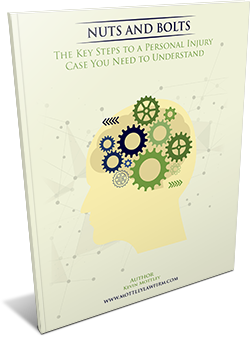How a Chesterfield County Lawyer Helps Prove Negligence
Experienced Virginia car accident lawyers are essential in helping Chesterfield County victims prove negligence in their cases. They possess the knowledge, expertise, and resources to build a solid legal argument. Here are the primary methods adept personal injury attorneys use to prove negligence in car accident cases:
Assess evidence
A thorough investigation evaluates all aspects of potential evidence, such as police reports, medical records, cellphone records, accident reconstruction analysis, photographs, and video footage. Your car accident lawyer may also interview witnesses and consult with experts to strengthen your case.
Establish a robust legal strategy
A lawyer analyzes the collected evidence and builds a persuasive legal strategy tailored to the unique circumstances of your case. They draw on their vast experience to review the relevant laws and precedents, which allows them to make compelling arguments in your favor.
Negotiate with insurance companies
After a car accident, insurance companies often try to minimize their liability or deny claims altogether. They may pressure you to settle for less than your claim is worth. An experienced Virginia car accident lawyer handles negotiations, ensuring your rights are protected and maximizing your chances of fair compensation.
Represent you in court
If insurance company negotiations don’t grant a fair settlement, choose a Chesterfield County car accident lawyer who can skillfully represent you in court. They’ll present your case, cross-examine witnesses, and make compelling arguments to convince the judge and jury of the other party’s negligence.



